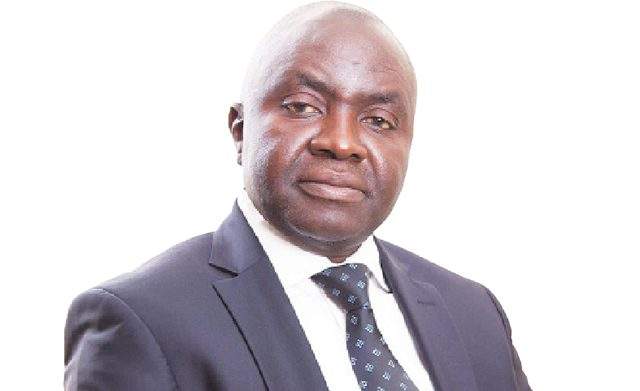The recent decision by the Central Bank of Nigeria to recapitalize banks has received support from the Centre for the Promotion of Private Enterprise (CPPE). Dr. Muda Yusuf, the CEO of CPPE, emphasized the importance of adequate capitalization in ensuring the efficiency and stability of the financial system.
In a statement, Dr. Yusuf highlighted that recapitalization aims to safeguard depositors’ funds, strengthen the stability of the financial system, enhance the resilience of the banking sector, and position banks to support economic growth. The CBN’s announcement of new minimum capital requirements for banks, ranging from N10bn to N500bn, reflects a strategic move to bolster the financial soundness of the banking industry.
Capital adequacy plays a crucial role in measuring a bank’s ability to meet financial obligations and withstand losses. Dr. Yusuf noted that the erosion of minimum capital requirements due to inflation necessitates the current recapitalization efforts. Despite positive indicators of soundness in Nigerian banks, the CBN’s decision to review capital bases is a proactive response to macroeconomic challenges.
Acknowledging the CBN’s timeline of 24 months for banks to comply with the new capitalization requirements, Dr. Yusuf emphasized the importance of minimizing disruptions in the financial system. Maintaining differential capital requirements for banks based on their authorization levels is crucial for promoting inclusivity and preventing monopolistic practices in the banking sector.
While commending the CBN’s initiative, Dr. Yusuf stressed the need to assure depositors of the safety of their funds and mitigate risks associated with smaller banks. Addressing concerns about high interest rate spreads and short fund tenures in the Nigerian banking system, he called for measures to reduce asset-liability mismatches and concentration risks.
In conclusion, Dr. Yusuf urged the CBN to prioritize the stability and confidence of the banking public throughout the recapitalization process. By balancing regulatory requirements with the preservation of shareholder and employee interests, the CBN can navigate potential challenges and foster a resilient banking environment in Nigeria.
